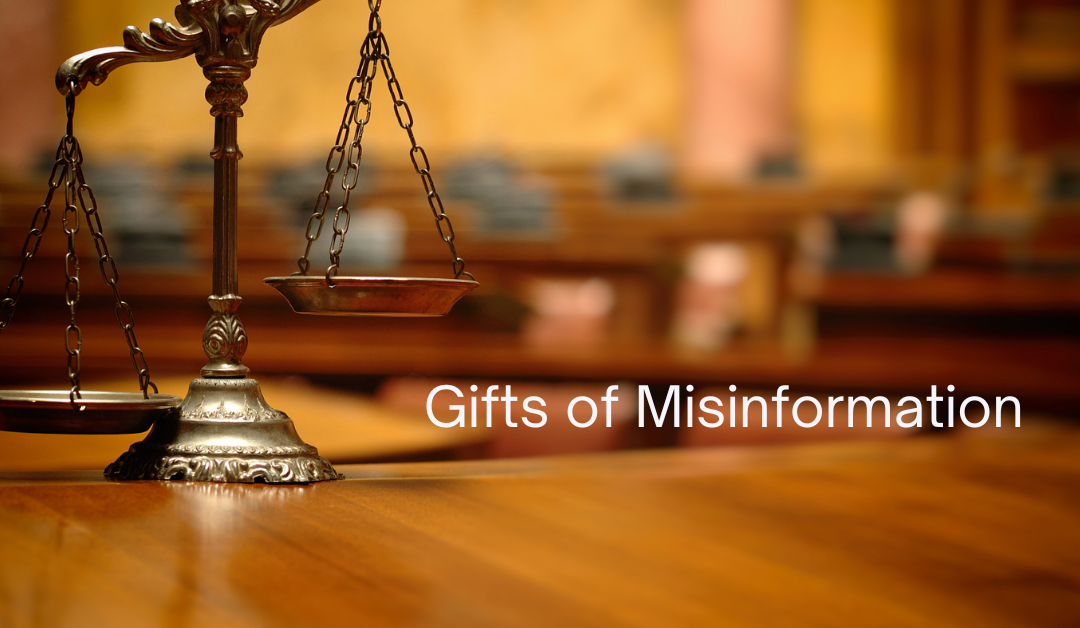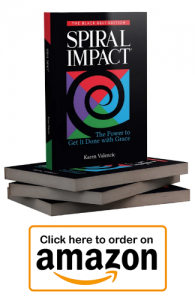Getting ‘played’ is humiliating and hard to recover from; it is also hard to admit. I know I’ve been there!
The misinformation explosion makes it much more likely to get ‘played’ than ever.
Marketers, politicians, and even our trusted colleagues and friends can trap us with misinformation, needless to mention all the online scams. With social media, everyone has a megaphone…most of what is out there are just opinions or manipulations.
I see this “age of misinformation” as an opportunity to develop crucial skills. In this article, I will share three critical growth opportunities.
My vision is that we advance from this misinformation age to the age of
–Authentic Connection–call me a dreamer, that’s okay!
While my personal history is one of trusting first, I’ve become a skeptic in the last ten years. Why–because I’ve been played!
The gift of misinformation is to develop yourselves or likely get played!
Here are what I see as the three areas for development:
To begin with:
1. Honing Critical Thinking
When considering the information, always look for the original source; find out:
1. Their motivation – are they selling something, creating fear, trying to influence your decisions?
2. Their expertise – what are the actual qualifications of the source? Are they misrepresenting a true expert?
3. What is the evidence? And, is it verifiable?
4. What problem are they trying to solve, and is it really a problem?
5. What is the bias – there is always some subjective bias. This isn’t necessarily a problem, but it’s something to be aware of!
6. Check with sources you already trust and are proven experts in their field.
Keep in mind, even people you trust can share misinformation unintentionally, the disguises are getting pretty good! Colin Powell, one of the most respected Military Generals in my lifetime, and his misinformed statement that claimed that Iraq had weapons of mass destruction come to mind. This triggered the Iraq war. It was revealed after tremendous loss of life that indeed there were no weapons.
When you question information with another, this next skill is essential to preserve or build relationships.
2. Mastering Authentic Dialogue
Confronting those who share misinformation often leads to defensiveness and further polarization. When you confront someone about sharing or believing in misinformation, they often dig deeper to save face.
Don’t you?
While I go into this in great depth in Spiral Impact, the basics are:
1. Be clear on your intention–Is it to make them wrong or open their minds to considering different information with mutual respect? When you approach with the mindset of proving wrong, you further close their mind. First seek to understand how they see and experience the topic.
2. Maintain your centered presence – the calm eye in the storm.
3. Ask open-ended questions (except why?). How? Where? When? Tell me more about this. What else have you considered? Have you seen this?
By approaching disagreements with empathy and curiosity, we can foster more productive discussions and reduce the spread of misinformation. This is a skill you can develop in my Conflict Mastery Course.
3. Developing Discernment
Discernment goes beyond critical thinking, taking into account an intuitive understanding of complex situations while maintaining a strong connection to your values. I think of this as a sincere and deep gut check-in.
When you hear someone speaking or read an opinion, you may like their words. Though, let the information percolate within you. Is there congruence? Give it time. If your gut is sending up red flags, follow your gut. How many times have you been ‘played’ only to acknowledge later you had a feeling something was off?
Misinformation will not go away, though you will become more masterful at spotting and stopping it with these skills. Remember, getting “played” can be humiliating and difficult to admit. However, by embracing these opportunities for growth, we can become more resilient and less susceptible to misinformation.
Stay curious, remain open to learning, and always be willing to reassess your beliefs in light of new, credible information.


